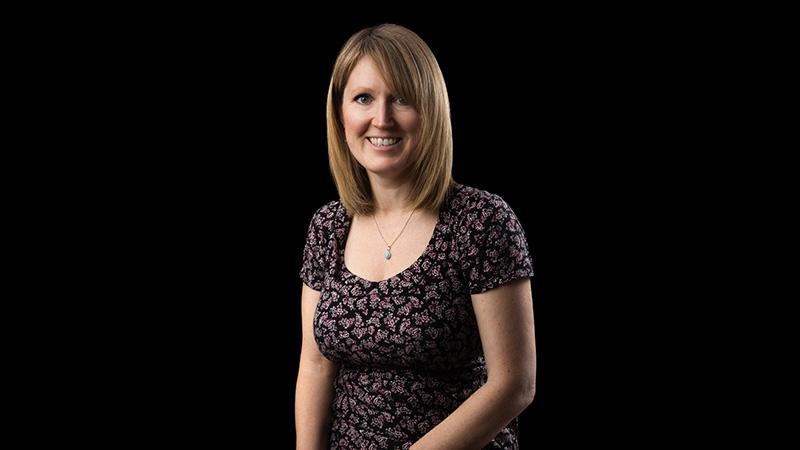Professor Catherine Loveday, Professor of Cognitive Neuroscience, was interviewed by BBC Radio 4’s All in the Mind programme to discuss the preliminary findings for her new research about the impact of lockdown on people’s memory.

Talking about the research, Professor Loveday said: “We used something called the everyday memory questionnaire which asks people to report on lots of aspects of forgetting so things like whether you have to check whether you've done something twice, whether you get lost when you're in the middle of reading something, whether you are losing words on the tip of your tongue, those kinds of questions. We also asked people things about how much social interaction they had, how much movement they had in their lives, and how much their lives had changed. Those are the things we were essentially interested in relating to people's subjective reports of their memory functioning."
Talking about why lockdown might affect our memory, she added: “Well I guess [not] remembering when something happened is simply because every day looks the same to a lot of people [during lockdown] and this was something that people were also reporting, their days just seemed the same.
“So yes, the day seems very similar to five days before, so it's actually really hard to place something in time. I think the words being on the tip of the tongue is an interesting one, it's one that people have consistently anecdotally reported and I was intrigued that so many people reported that problem, and I wonder whether it's something to do with people having less social interaction and at least less live social interaction and probably just having to speak a little bit less, but I don't know it's an interesting question."
Listen to the full interview on BBC Sounds.


